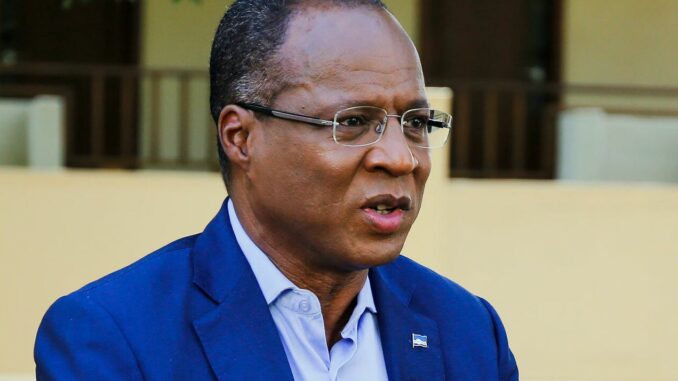
Cape Verde’s Prime Minister, Ulisses Correia e Silva, said on Wednesday that the private sector has given “strong support” to the economic recovery, promising to soon sign an agreement on medium-term competitiveness with employers and unions.
“Despite the crises and overcoming the crises with a lot of resilience, we are building the recovery and the re-launch with strong support from the private sector,” said the head of government, at the opening of the monthly debate in parliament in Praia, this time dedicated to the theme “The Private Sector in Cape Verde’s sustainable development strategy.
Ulisses Correia e Silva recalled that after the impacts of covid-19, especially in tourism, “private investments have resumed” and Cape Verdean economic growth reached 7% in 2021 “and will reach more than 8% in 2022.”
“We will continue to improve the business environment through digital transformation. In the social concertation we will soon sign an agreement in which the unions and the employers. A medium term agreement, an important instrument for commitments regarding income and price policies, competitiveness policies, and structural transformation of the country’s economy,” he further stated.
Ulisses Correia e Silva recognized “the great challenge of unifying the national market” and of inter-island mobility “through efficient transportation systems,” both by sea and by air: “We will overcome this challenge. It has been the subject of great debates here in parliament, but you can be sure that it is a challenge to be overcome.
He argued that “the way forward is to improve more and more, to stimulate more private investment in the energy transition, in the digital economy, in sustainable tourism, in the development of the blue economy, in the transformation of agriculture in priority areas to increase the resilience and diversification of the country’s economy,” while guaranteeing that the Cape Verdean tax system “is favorable to investment,” through establishment agreements, the attribution of the status of tourism activity or industrial activity.
In 2020, there was a historic economic recession, equivalent to 14.8% of GDP, followed by a 7% growth in 2021 driven by the recovery of tourism demand. For 2022, due to the economic consequences of the war in Ukraine, namely escalating prices, the Cape Verdean government lowered its growth forecast from 6% to 4% in June, which has since been revised again, now to over 8%.
